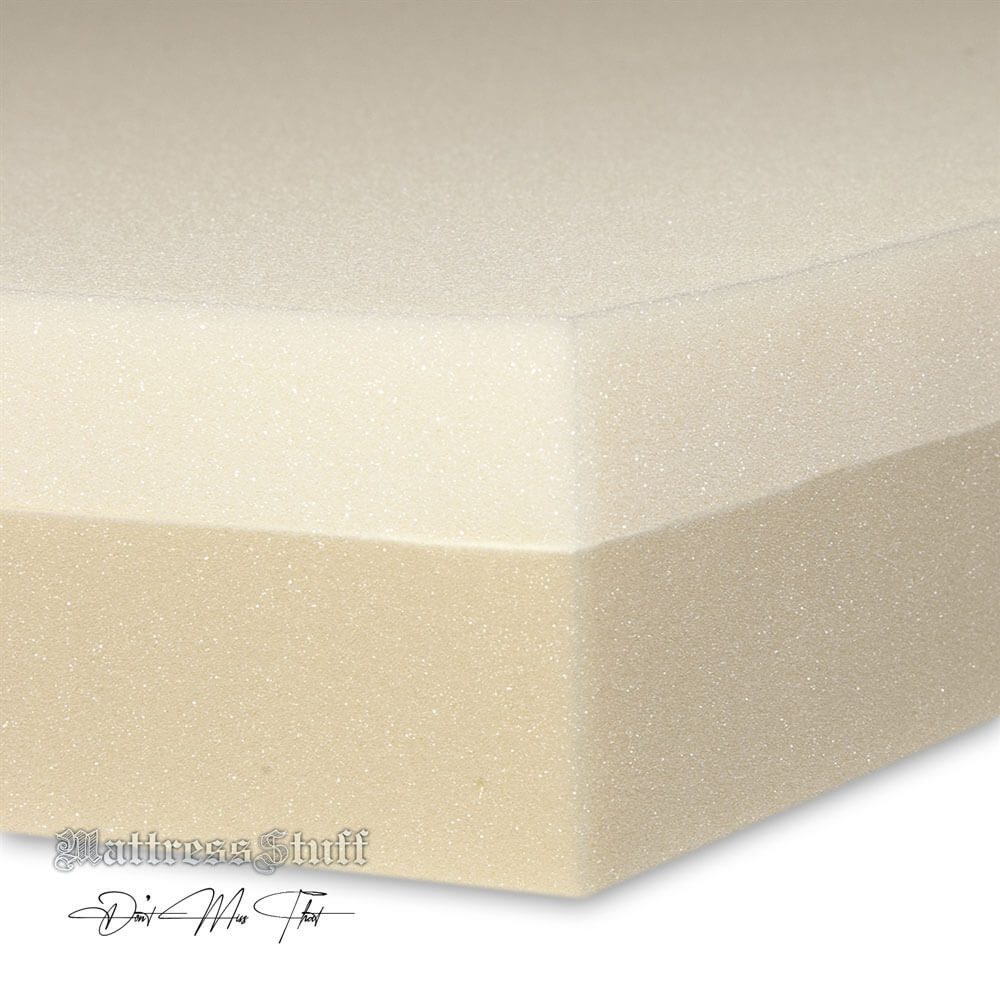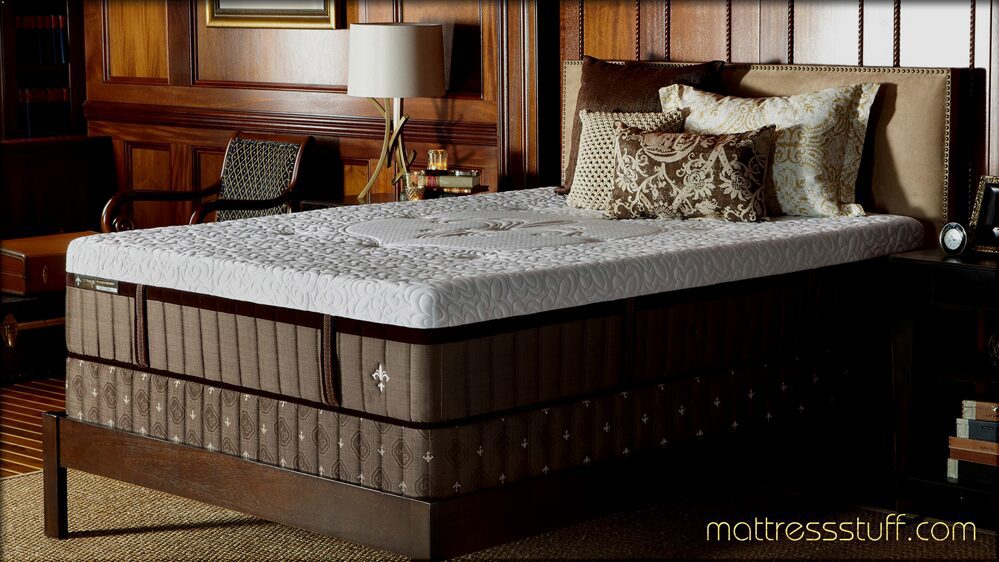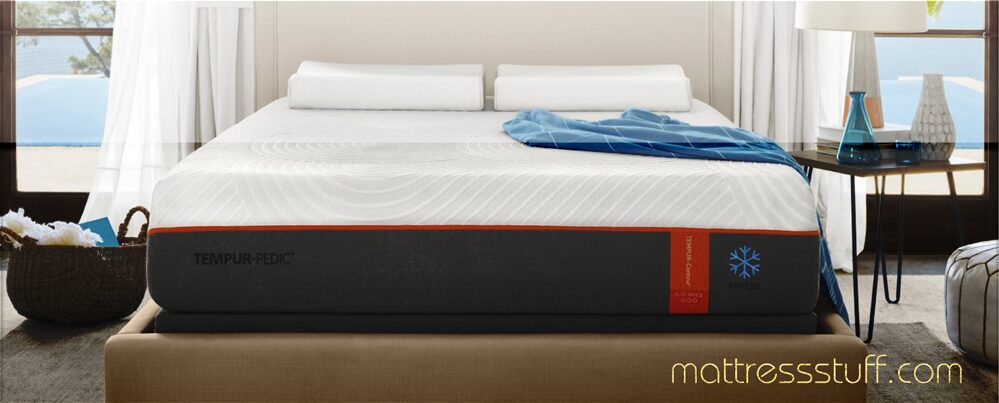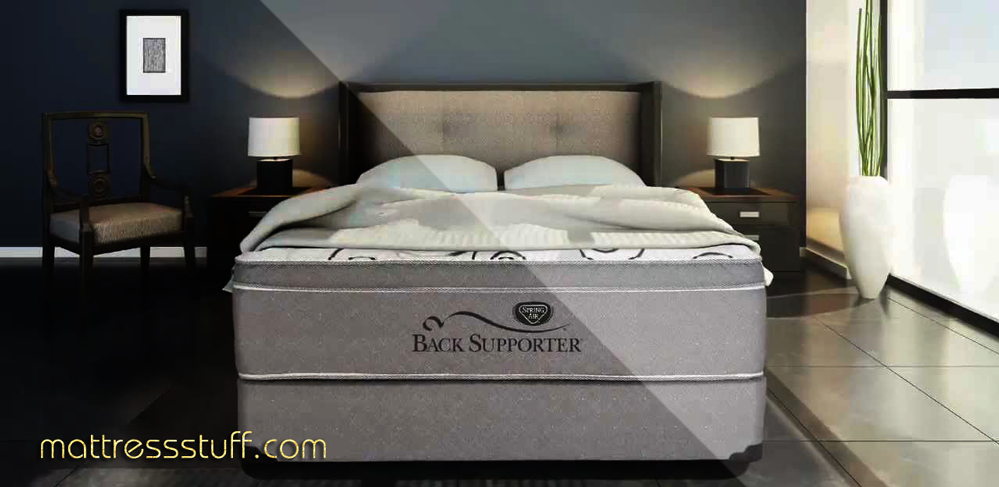
Introduction:
- Sleep is crucial for overall health and well-being, and the right mattress can make a big difference in the quality of sleep we get.
- One important aspect of choosing a mattress is understanding the density of the foam used.
- In this article, we’ll take a closer look at foam density, the different types of foams available, and how density affects different weight groups.
Section 1: Understanding Foam Density
- Foam density is a measure of how much weight a certain volume of foam can support. It’s typically measured in pounds per cubic foot (PCF) or kilograms per cubic meter (KG/M3).
- The higher the density, the more firm and supportive the foam will be. Lower density foams are typically softer and less supportive.
- It’s important to note that density doesn’t necessarily indicate the quality of the foam. A higher density foam can be made with lower quality materials, while a lower density foam can be made with higher quality materials.
Section 2: Density for Different Types of Foams
- The most common types of foams used in mattresses are polyurethane foam, memory foam, and latex foam.
- Polyurethane foam is a popular choice for mattresses due to its affordability and durability. It has a density range of 1.5-1.8 PCF.
- Memory foam is known for its ability to conform to the shape of the body and provide pressure relief. Its density range is usually 3-5 PCF.
- Latex foam is a natural, eco-friendly option that is often more expensive than other types of foam. Its density range is 4-9 PCF.
Section 3: Density for Different Weight Groups
- The density of a foam can affect how well it supports different weight groups. Generally, heavier people need a higher density foam for proper support, while lighter people can get away with a lower density foam.
- For people who weigh less than 150 lbs, a foam density of 1.5-2.5 PCF is usually sufficient.
- For people who weigh between 150-230 lbs, a foam density of 2.5-3.5 PCF is typically recommended.
- For people who weigh over 230 lbs, a foam density of 3.5 PCF or higher is typically necessary for proper support.
Conclusion:
- Understanding foam density and how it relates to different types of foams and weight groups is an important factor in choosing the right mattress.
- By considering density and other factors, you can find a mattress that will help you get the best possible sleep. Remember to prioritize quality over density for better and more comfortable sleep.







